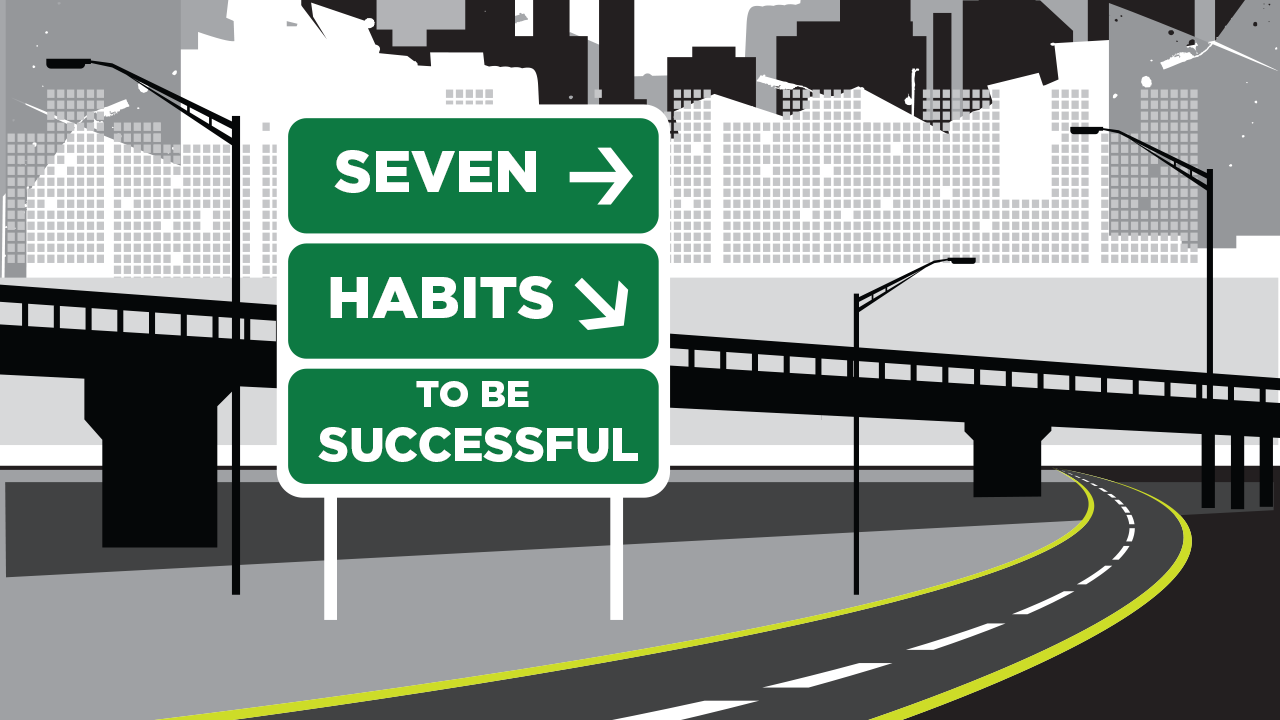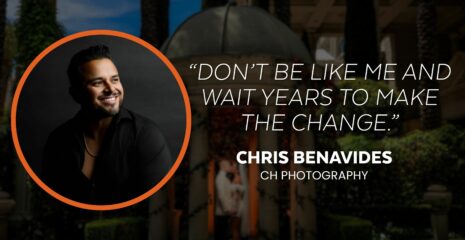All of us have an idea of what it is to be successful. But I think many of us, at times, become confused by what exactly success is. I know that I have in the past. I firmly believe that success is a state of being, and not an end goal. Having the big house, the fancy car and the big trips aren’t a definition of success. There is always a bigger house, a fancier car and a bigger trip. Success is about being successful, about trying our very best to lead successful lives both in our businesses and in our private lives.
A book that has had a big influence on me and how I conduct myself personally and in business is “The 7 Habits of Highly Effective People” by the late Stephen Covey. It’s my firm belief that to truly be successful, you have embody each of these seven habits.
One – Be Proactive
This is basically, the parental golden rule – there is no whining. If something is not how you want it, fix it. The world will not fix your problems for you. I love this because it reminds me of the following.
Two – Begin With The End In Mind
Start with the end goal. If you want to be the greatest wedding photographer of all time, don’t start a newborn business. Figure out how you want this whole thing to end, and work backward. We do the same thing with our software. I think about what I want the software to do in the end, then we reverse engineer that feature.
Three – Put First Things First
This is probably the most important thing as a business owner. I don’t know how many times I’ve heard: “I’m so busy processing my images, I don’t have time to market.” This is a classic catch 22, for all business owners – we get so busy with the details, we don’t have time to actually run our business. As business owners, we have to make sure the big picture items are being taken care of. Hire someone for image processing or use a processing service.
Four – Think Win/Win
We all work on referrals. The best marketing in the world is word of mouth. Whenever I talk to any partner, I always approach it with a win/win. When we were just starting out, we worked with a lot of people who worked on win/win. They were much bigger than we were, but they didn’t care as long as what we did was mutally beneficial. But we also worked with people who took the attitude that they were bigger, so they had to get more out of any mutual effort. Guess what? Now that we’ve grown, we don’t work with those people anymore. And, interestingly enough, they have shrunk in the same time. So when you work with someone, don’t think about what you can get out of them, think about how you can work together, to create a win/win.
Five – Seek First To Understand Before Seeking To Be Understood
We have two ears and one mouth for a reason. Try to understand the other person’s point of view or the other person’s needs before discussing your own. By listening we can better understand how to create a win/win. This is important to remember when dealing with customers, other vendors, our spouses, children, whover. I’ve often seen two people arguing, but not listening to each other. Being the bystander, and actually listening, I realize that they both pretty much want the same thing, but since they aren’t listening, they’ll never understand that.
Six – Synergize
A win/win is when both parties but put in 50 percent and you both get back 100 percent. But when two businesses synergize, they both win exponentially. Find people who you can closely work with and your minimal efforts will show you exponential benefits. Create situations with your industry partners where you are both working toward the same exact goal. When you truly synergize 1+1=3.
Seven – Sharpen The Saw
This is what I call Kaizen – or constant improvement. Constantly improve how you approach these habits, how you exercise, how you deal with people, etc. That constant improvement is what really creates long term success.
If you want to read more of the seven habits, it’s a great book. See it here. I try to re-read it once every few years.




